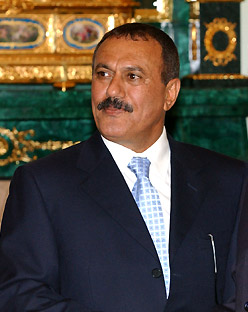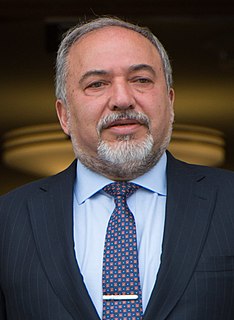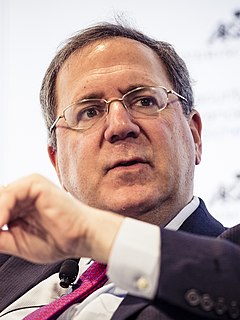A Quote by Jamal Khashoggi
There are many signs that the Egyptians are prioritising their relations with the Gulf states, especially Saudi Arabia, over their relations with Iran.
Related Quotes
When we strengthen our relations with the Gulf states, when we cooperate with the Arabs, everybody asks if we are looking for a new geopolitical place. But in the Middle East and the Gulf, you can find German, French and British goods everywhere. German relations to these states are very good, as are English and French relations. Does this make them Arab-oriented?
Allowing an independent and sovereign Iraq could be a nightmare for the United States. It would mean that it would be Shi'ite-dominated, at least if it's minimally democratic. It would continue to improve relations with Iran, just what the United States doesn't want to see. And beyond that, right across the border in Saudi Arabia where most of Saudi oil is, there happens to be a large Shi'ite population, probably a majority.
There was a docudrama that was made, called 'The Death Of A Princess,' which was about a true story in Saudi Arabia. It was about a public execution for adultery. And when the movie was aired on British television, the Saudi government threatened to cut off oil exports and to cut off diplomatic relations.
I would recommend any American who wants to understand where the government is going in the next four years of George W. Bush presidency to get a copy of her confirmation hearings before the Senate Foreign Relations Committee. It's a road map, and it's pretty frightening testimony. Their definition of where democracy should go in the Middle East doesn't include Egypt, Jordan, Saudi Arabia, Pakistan; it only includes Iraq, Iran, and Syria.
I have had extremely good relations with the United States and with both parties (Republicans and Democrats), and I hope to continue to have these good relations, which I, again repeating, do not consider to be mutually exclusive with having good relations with Venezuela or Ecuador or whichever country in South America.
In many respects, the United States is the freest country in the world. I don't just mean in terms of limits on state coercion, though that's true too, but also in terms of individual relations. The United States comes closer to classlessness in terms of interpersonal relations than virtually any society.
In the United States, Iran is nothing but a whipping-boy. Few Americans have any real use for Iran. Most of us, what we know and remember about Iran are things like the hostage crisis in 1980, or they think about the Iranian attacks in Lebanon, or on the Khobar Towers. So you don't get a whole lot of political mileage in the United States by going out and advocating better relations with the Iranians.
We have seen very clearly over these past years that there are quite a few people who are sceptical, or let us put it another way, are cautious about the development of Russian-American relations, but the underlying fundamental interests of the United States and Russia demand that our relations be normalised.


































